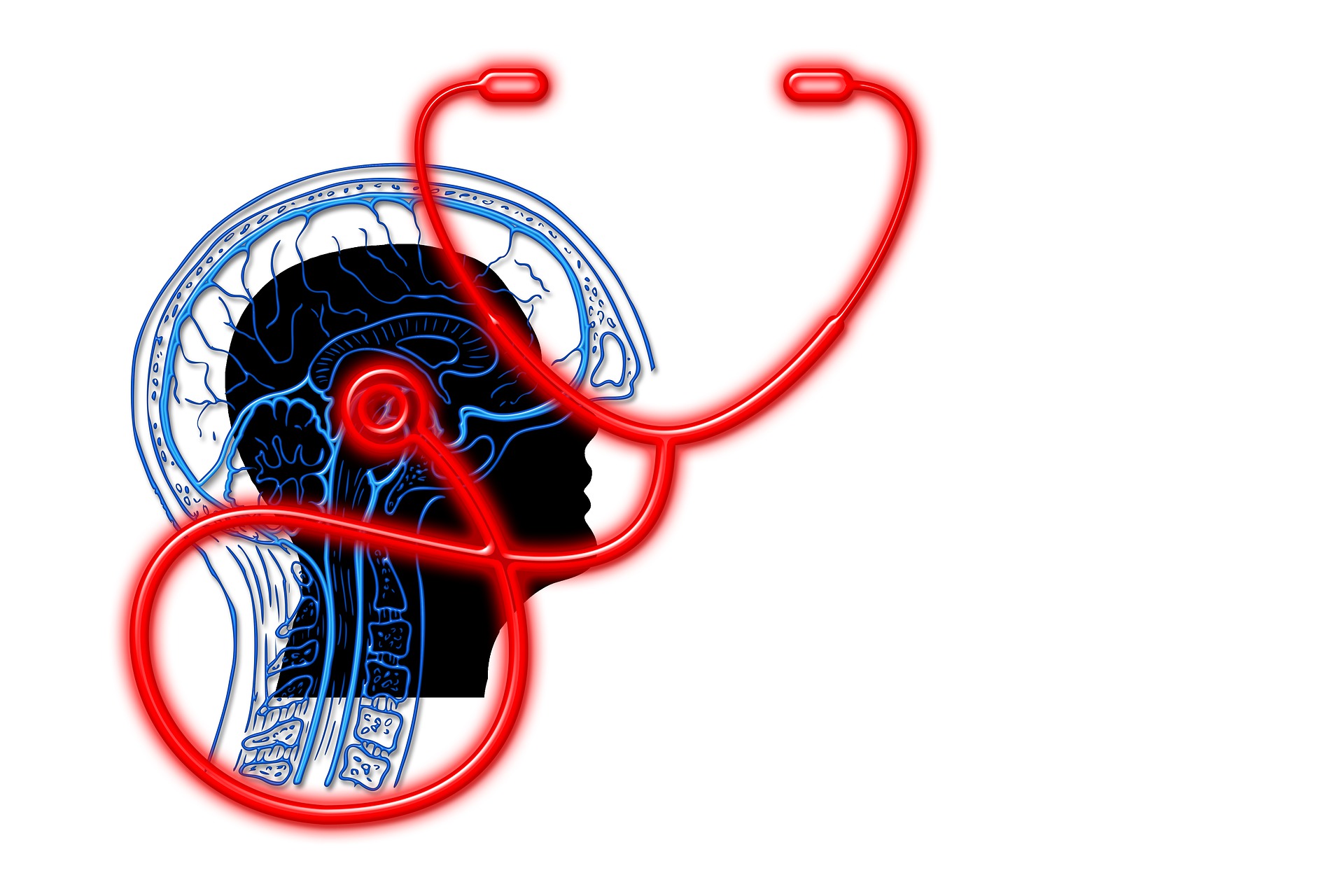Have you ever stood in the middle of your kitchen and realized that, while you had a reason to be there, you can’t recall what it was? Or do you ever pick up your phone to do something then stare at the screen because you just can’t remember what app you meant to tap?
You’re not alone in that experience. It’s one of the annoying side effects of aging. Minor memory slips are entirely normal and happen to millions of people.
Read on to learn about age-related memory loss and the top 4 things you can to do improve your memory.
Why our memory fails as we age
You might worry that minor forgetfulness is a symptom of oncoming dementia. When memory loss disrupts your normal daily functions on a regular basis, it’s worth a conversation with your doctor. However, in most cases, age-related memory challenges are not cause for serious concern.
Like everything else in our bodies, our brains are different at different times in life. Over time, some physical structures in our brain change. With that our ability to store new information and recall old is also impacted. Couple with this, our brains actually shrink in volume. In fact, this process starts in our 40s and accelerates over the age of 70.
The result of those change patterns is that different mental functions are stronger at different times in life. Younger people are more adept at learning new information. However, older people are more skilled at connecting information and understanding the big picture.
The good news is that there are ways to help improve memory as you age.
Get organized

Even if you’re a person who has always prided herself on “keeping it all in my head,” as I did, you may need to switch to basic organizational aids to avoid forgetting things. Calendars, to-do-lists, and daily routines all help you remember where you are supposed to be and when. I never used to need a shopping list when I went to the supermarket. These days, a list is essential.
Take some time to learn how to use the calendar apps on your phone and sync it to your computer’s desktop version. If you connect your calendar to email and texts, you can transfer appointment information from a message to your calendar with just a few clicks. You can set reminders to make sure you’re never late for a meeting.
If you don’t want to go high tech, keep a pen and paper around to jot down anything you’re worried you might forget. This has an extra benefit because some studies show that writing things down helps you remember them better than if you just type it into an app.
Maintain a healthy diet
It would be lovely if there was a magic food that we could eat and have our brains stay forever young.
It would be even lovelier if that food were chocolate.
There isn’t a single food or category of foods that can prevent age-related brain changes. However, doctors have found links between a healthy diet and better brain function over time.
In general, foods high in saturated and trans fats are linked to poorer brain function in older people. These types of dietary fats are known to disruptions in metabolic function, insulin resistance, inflammation, and cardiac health. The cumulative and cascading impacts of these assaults impact memory as well.
On the flip side, unsaturated fats and omega-3 fatty acids are associated with a lower risk of dementia. Food like fruits, vegetables, whole grains, fish, and olive oil, along with fish, are useful in improving brain health and helping with heart health. Heart health reduces the risk of stroke, too. The damage from strokes can also be bad for memory functions.
There are dietary supplements that claim to improve memory, but those are largely untested. Dietary supplements don’t have to be approved by the FDA. They don’t go through rigorous testing to ensure that they do what they say they do. Talk to your doctor before trying any supplements.
Exercise regularly
We all know that exercise is good for our heart, lungs, and bone density, but it’s also good for our brains.
For one thing, exercise increases blood flow, which is good for every organ in the body. Adequate blood flow to the brain may have a role in keeping it sharp even as we get older.
There is also some evidence that exercise increases the release of chemicals that protect the brain from age-related declines.
As an added bonus, exercise can improve sleep quality, which is also associated with better memory. Brain scientists believe that sleep is a time when our brains consolidate memories from the previous day. Better sleep means better organization of memories.
Game your brain

Using your brain is another good way to keep it sharp and improve memory as we age.
There are a lot of apps on the market that advertise themselves as memory boosters. You can try programs like Lumosity that you can customize to your interests. There’s also Dakim, which was designed for adults 50 and over.
You don’t need to spend a lot of money on specialized games for your phone. Crossword puzzles, trivia games, and card games are fun brain teasers. Playing board games or card games with other people is even better. Experts say socializing is good for brain function overall.
You can also try taking a class to learn something new. Sites like Coursera offer classes in everything from languages to financial planning. If you’d like to learn from celebrities, Masterclass presents amazing programs like cooking with Wolfgang Puck or creative writing with Margaret Atwood.
Final Words
We can’t stop all the changes that our bodies and brains experience over the years. But when it comes to memory, there are common sense ways to maintain our mental skills. Taking care of your physical health with improve your mental acuity. And making sure to keep your brain engaged will help making it sharper for the long term. Ever little bit helps when it comes to improving our memory at any age!

